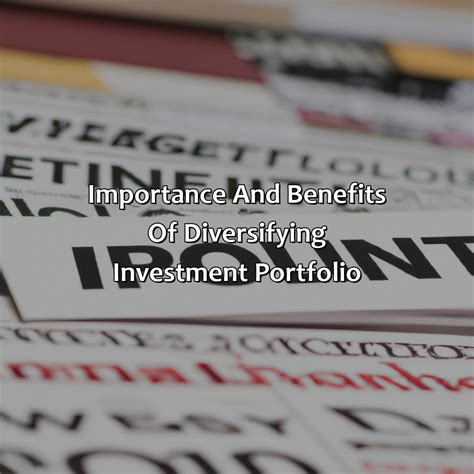For generations, the role of the ‘provider’ has been deeply ingrained in the societal fabric of masculinity. This expectation places a significant financial onus on men, often dictating not just their career choices and work ethic, but also profoundly influencing how they approach saving, spending, and, most notably, investing. The pressure to secure a family’s well-being can lead to distinct patterns in investment strategies, driven by a complex interplay of security, growth, and risk.
The Deep-Seated Pressure to Provide
The traditional understanding of a man’s role frequently positions him as the primary, if not sole, financial backbone of a household. This weighty responsibility can manifest as a deep-seated need to ensure stability and abundance. Investment decisions, in this context, are often viewed through the lens of providing for a family’s current needs (housing, education, daily expenses) and future security (retirement, emergency funds).
This pressure can lead to a more conservative investment approach for some, prioritizing capital preservation and consistent, if modest, returns over aggressive growth. The fear of financial failure, and its perceived impact on one’s ability to provide, can be a powerful motivator, pushing individuals towards ‘safer’ assets even if they offer lower long-term potential.

Balancing Risk Aversion and Growth Ambition
Paradoxically, while the desire for security can foster risk aversion, the imperative to provide *more* – to improve living standards, fund higher education, or ensure a comfortable retirement – can also push men towards investments with higher growth potential, often entailing greater risk. This creates a tension between the need for a stable foundation and the ambition for significant wealth accumulation.
Some men might opt for a barbell strategy: a core of stable, low-risk investments combined with a smaller allocation to more aggressive growth-oriented assets. Others might feel pressured to take on more risk than their personal tolerance dictates, driven by a perceived need to generate substantial returns to meet ever-growing family expenses and future goals.

Impact on Investment Portfolio and Asset Allocation
These societal expectations often influence the specific types of assets men choose. Historically, real estate has been a favored investment, perceived as a tangible asset that provides both shelter and long-term capital appreciation – a quintessential ‘provider’ investment. Similarly, blue-chip stocks and well-established mutual funds might be preferred for their perceived stability and dividend income.
However, the ambition to ‘get ahead’ or recover from financial setbacks might also lead to exploring more volatile markets, such as individual stock picking, options, or even newer, riskier assets like cryptocurrencies, particularly if there’s a perceived need to catch up or ensure a more luxurious future for the family.

Long-Term Planning vs. Immediate Demands
The provider role also creates a delicate balance between long-term financial planning and immediate family demands. While saving for retirement, college funds, or a down payment on a larger home are critical long-term goals, unexpected expenses, health issues, or short-term needs can often divert funds, leading to less consistent investment habits or a reliance on more liquid, lower-growth accounts.
This tension can lead to a ‘feast or famine’ approach, where significant investment efforts are made when immediate needs are met, only to be drawn upon when unforeseen circumstances arise, potentially hindering compounding growth over time.

Evolving Expectations and Modern Approaches
In contemporary society, these traditional expectations are evolving. With more women entering the workforce and dual-income households becoming the norm, financial responsibility is increasingly shared. This shift can alleviate some of the individual pressure on men, potentially leading to more balanced and less emotionally charged investment decisions.
As roles become more fluid, financial planning can become a collaborative effort, allowing for diversified strategies that align with collective family goals rather than solely resting on one individual’s shoulders. This evolution offers the potential for more robust, resilient, and less constrained investment approaches for all members of a household.

Ultimately, traditional societal expectations about being a ‘provider’ continue to exert a profound influence on men’s investment strategies. From shaping their risk tolerance and asset allocation choices to balancing immediate needs with long-term goals, this deeply ingrained role plays a significant part in the financial decisions men make, even as modern society gradually redefines the contours of masculinity and shared responsibility.




